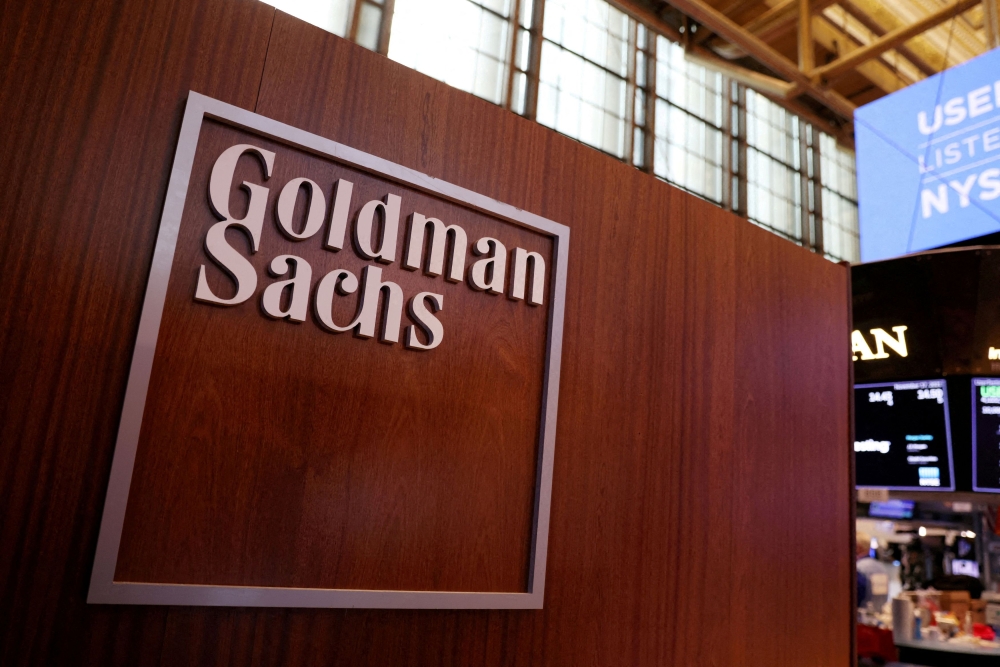APRIL 27 ― Malaysia is a signatory to the United Nations Convention Against Corruption (UNCAC). The UNCAC is an international instrument to address the scourge of corruption at the global level.
The adoption of the UNCAC in 2003 sent a clear message that the international community was, and continues to be, determined to prevent and control corruption. It should warn the corrupt that betrayal of the public trust will no longer be tolerated.
The UNCAC is the international community’s affirmation of the importance of core values such as honesty, respect for the rule of law, accountability and transparency in promoting development and making the world a better place for all.
A landmark instrument, the UNCAC introduces a comprehensive set of standards, measures and rules that all countries can apply in order to strengthen their legal and regulatory regimes to fight corruption. It calls for preventive measures and the criminalisation of the most prevalent forms of corruption in both public and private sectors.
It also requires member states to return assets obtained through corruption to the country from which they were stolen. This is a major international breakthrough.

In his Foreword to the UNCAC, then secretary-general Kofi Annan described the provisions in the UNCAC as “the first of their kind” which set out a framework for stronger cooperation between States to prevent and detect corruption and to return the proceeds.
The corrupt will be hard pressed to find ways to hide their illicit gains. This is a particularly important issue for many developing countries “where corrupt high officials have plundered the national wealth and where new governments badly need resources to reconstruct and rehabilitate their societies.”
In light of the above, the review of the multi-billion-ringgit settlement reached between Goldman Sachs and the previous Perikatan Nasional-led administration over the 1Malaysia Development Board (1MDB) financial scandal, as announced by Prime Minister Datuk Seri Anwar Ibrahim, is laudable.
Anwar had reportedly directed a task force led by former second finance minister Datuk Seri Johari Abdul Ghani to look through the deal following complaints that the sum Goldman Sachs had agreed to pay was still small in proportion to its role in the scandal.
Johari, who was finance minister at the time news about the scandal had made headlines, was among government MPs who called for the settlement agreement to be re-evaluated.
Anwar rightly said that it was a matter of recovering public funds.
The return of assets is a fundamental principle of the UNCAC. Plundered national wealth of the country must be recovered.
* This is the personal opinion of the writer and does not necessarily represent the views of Malay Mail.





















